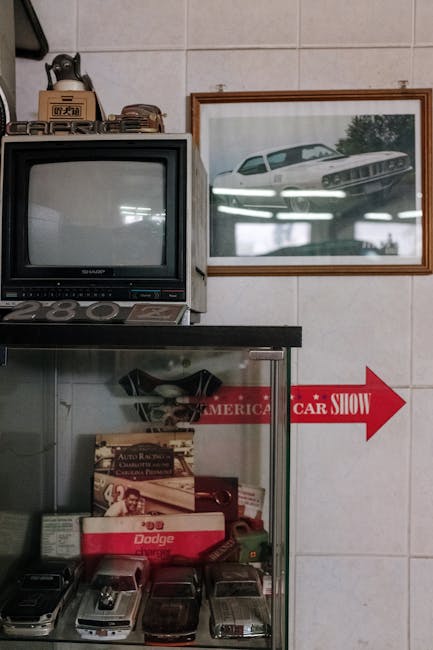The Enduring Legacy of Cheers
Cheers, the iconic NBC sitcom that ran from 1982 to 1993, remains a beloved television staple. More than just a show about a Boston bar, Cheers captured the hearts of audiences with its ensemble cast of memorable characters, witty writing, and heartwarming stories. Its enduring appeal lies in its relatable portrayal of everyday life, friendships, and the search for belonging, themes that resonate with viewers across generations.

The Perfect Blend of Humor and Heart
The show’s success stemmed from its unique ability to blend sharp wit with genuine emotion. The humor was often situational, stemming from the quirky personalities of the regulars and their interactions with each other and the diverse clientele that frequented the bar. But beneath the laughter, Cheers explored deeper themes of loneliness, ambition, and the complexities of human relationships. This balance allowed the show to appeal to a broad audience, attracting both those seeking lighthearted entertainment and those looking for something more substantial.
The Unforgettable Characters
The characters of Cheers are arguably its greatest asset. Each one was richly developed, with their own unique quirks, flaws, and strengths. Sam Malone, the charming but flawed bar owner, served as the show’s anchor, his romantic misadventures and struggles with maturity providing much of the comedic fodder. Diane Chambers, the initially pretentious waitress who eventually finds her footing, offered a sharp counterpoint to Sam’s roguish charm. Their complex, on-again-off-again relationship formed the emotional core of the early seasons.
Beyond Sam and Diane, the supporting cast was equally compelling. Woody Boyd, the naive but lovable bartender, provided a steady source of optimism. Carla Tortelli, the cynical but ultimately kind-hearted waitress, delivered her acerbic wit with impeccable comedic timing. Norm Peterson, the loyal regular who always had a witty remark and a beer waiting for him, represented the comfort and familiarity of the bar’s regulars. Cliff Clavin, the mailman with a penchant for trivia, provided a constant source of eccentric humor. Frasier Crane, the sophisticated psychiatrist, added a layer of intellectual wit and emotional complexity.

The rotating cast of guest characters also contributed to the show’s success, bringing fresh perspectives and storylines into the bar. These characters often interacted with the regulars in humorous and insightful ways, adding depth to the already richly populated world of Cheers.

The Evolution of Cheers
Over its eleven-season run, Cheers underwent significant changes. The departure of key characters like Diane and the introduction of new ones like Rebecca Howe, the ambitious businesswoman who became Sam’s romantic rival and eventually a bar manager, kept the show fresh and engaging. The writers skillfully navigated these shifts, maintaining the show’s core appeal while allowing for creative evolution.
The Impact of Cheers
Cheers’ impact on television is undeniable. It pioneered the ensemble sitcom format, showcasing a diverse cast of characters with interconnected storylines. Its success paved the way for other successful ensemble sitcoms, many of which adopted a similar formula of combining humor and heart. The show’s influence can be seen in countless sitcoms that followed, from *Frasier* (a spin-off featuring the character of Frasier Crane) to more contemporary shows that emphasize character-driven narratives and ensemble casts.
Themes that Resonate
The enduring appeal of Cheers lies in its exploration of universal themes. The show tackled issues of love, loss, ambition, friendship, and the search for belonging, themes that continue to resonate with audiences today. The characters’ struggles, triumphs, and relationships felt authentic and relatable, making viewers feel connected to the world of Cheers.
Why Cheers Remains Relevant Today
In a television landscape saturated with gritty dramas and complex character studies, Cheers stands out for its simplicity and charm. Its humor is timeless, its characters are iconic, and its themes are universally relatable. The show’s enduring popularity speaks volumes about its ability to connect with audiences on a deeply emotional level. In a world that often feels fragmented and isolating, Cheers offers a comforting reminder of the importance of community, friendship, and the search for connection.
- Timeless Humor: The show’s humor relies on witty dialogue and relatable situations, ensuring its comedic elements remain funny across generations.
- Memorable Characters: The distinct personalities and relationships of the Cheers regulars have cemented their place in television history.
- Relatable Themes: The show explores universal themes of love, loss, and the search for belonging, creating a connection with viewers regardless of their background.
- Nostalgia Factor: For many viewers, Cheers represents a simpler time, evoking feelings of comfort and nostalgia.
Cheers: A Lasting Legacy
Cheers is more than just a sitcom; it’s a cultural touchstone. It’s a testament to the power of storytelling and the enduring appeal of well-developed characters and witty writing. The show’s legacy continues to inspire, entertain, and remind us of the importance of human connection. So, raise a glass to Cheers—a show that truly deserves its place among television’s greatest.

